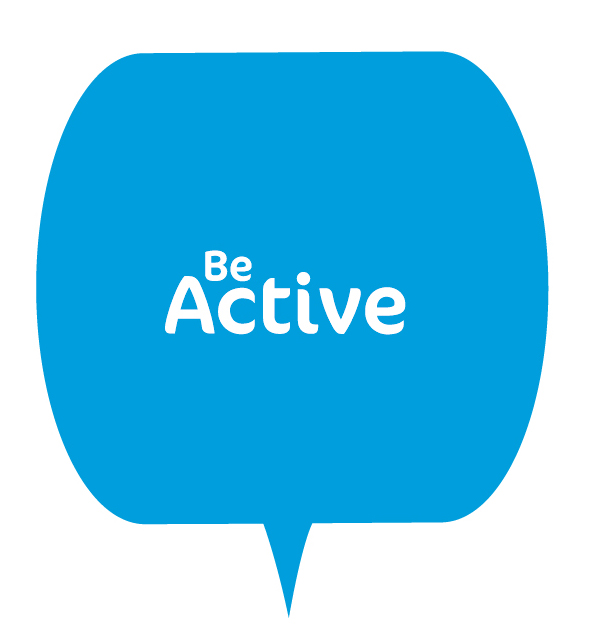Be active
Exercise can be helpful to keep your body healthy as you approach the menopause, and after your periods have stopped. It can also relieve some of the symptoms. After the menopause, you’re also more likely to be affected by osteoporosis, a condition that causes your bones to become weaker. Keeping active can help keep your bones healthy and can reduce the chance of them breaking or fracturing if you fall over.
NHS - free fitness ideas
If you have osteoporosis or fragile bones, regular physical activity can help keep your bones healthy and reduce the risk of a fracture in the future. Check out the videos and factsheets about exercise for bone health at the Royal Osteoporosis Society.





